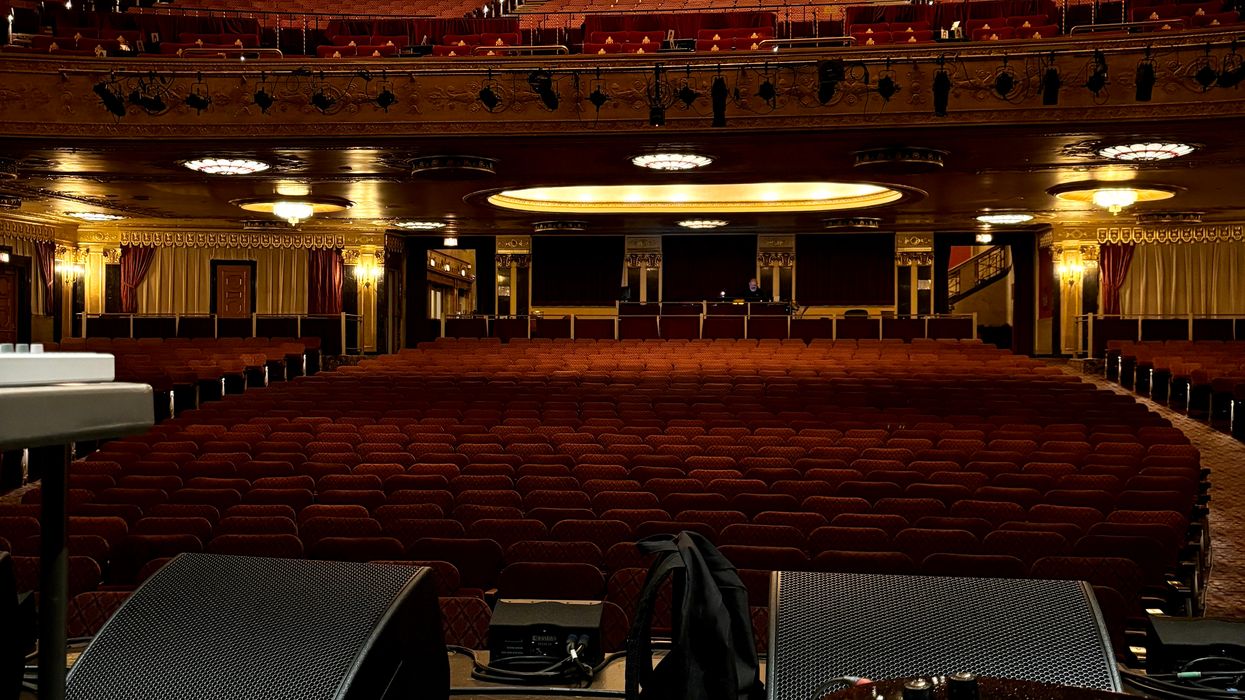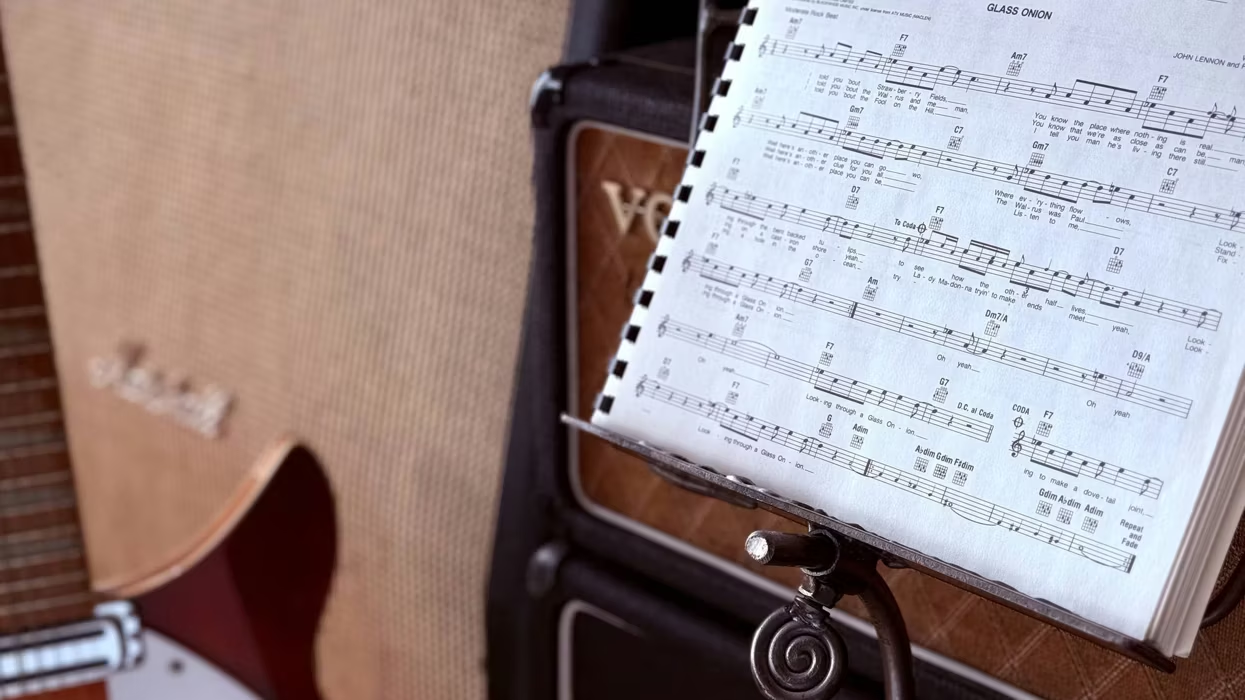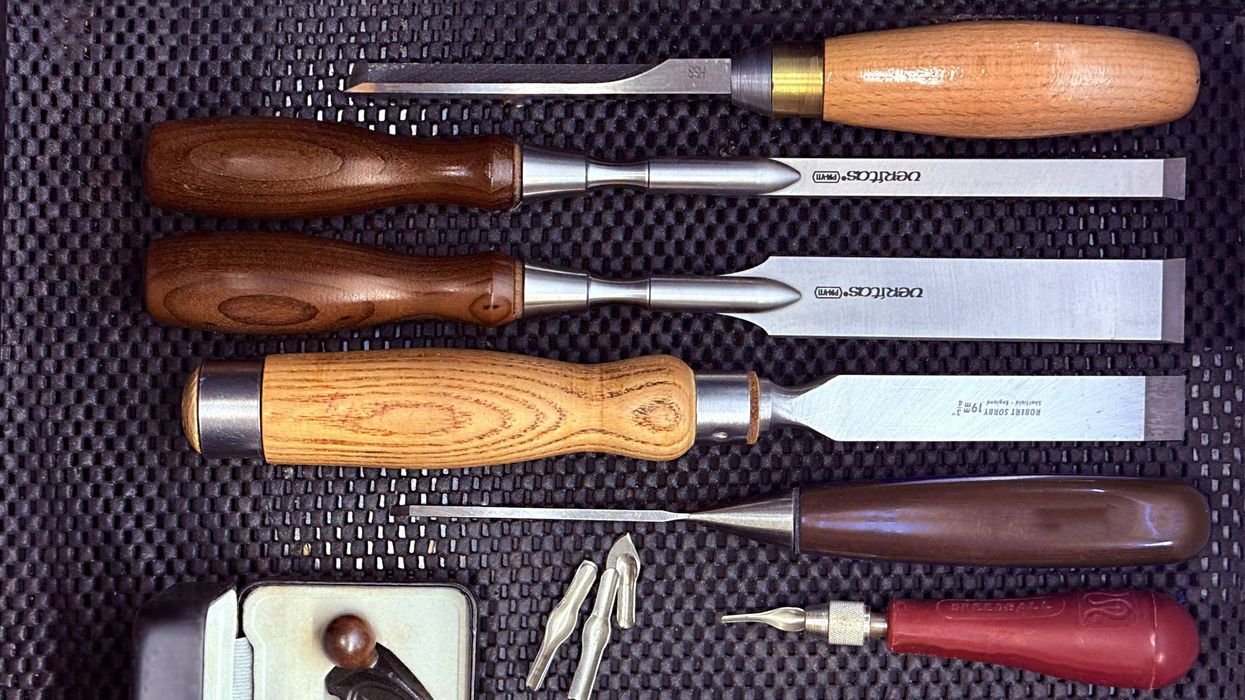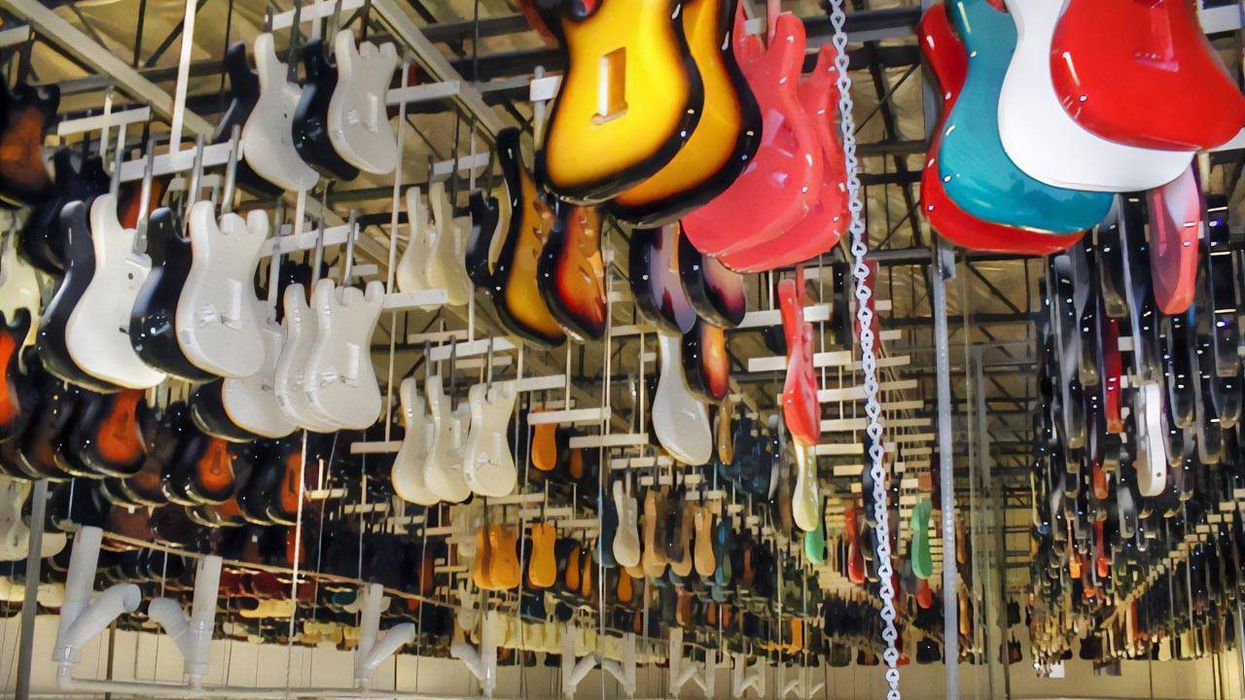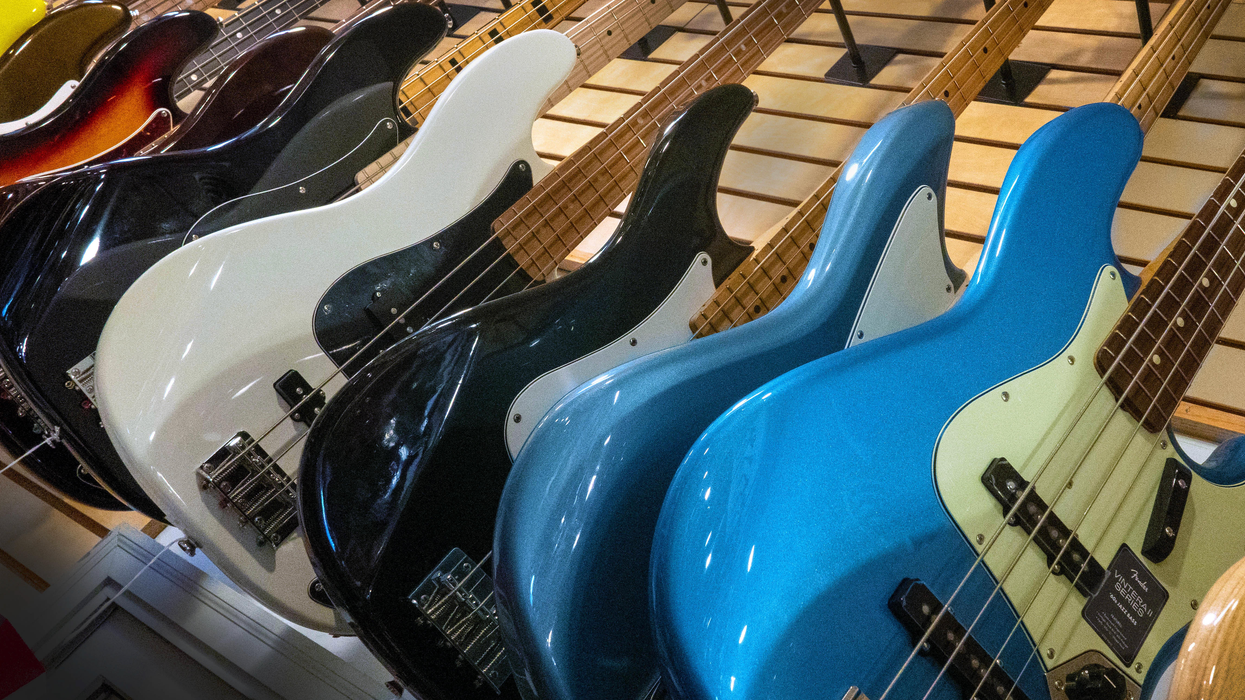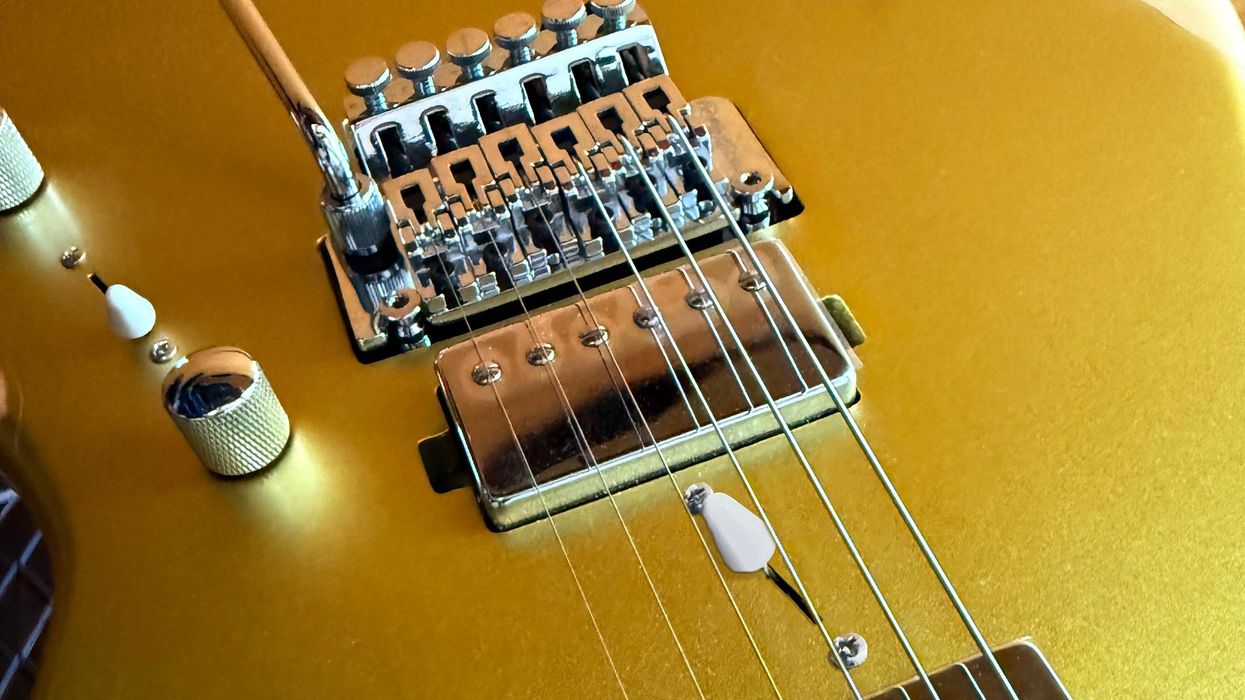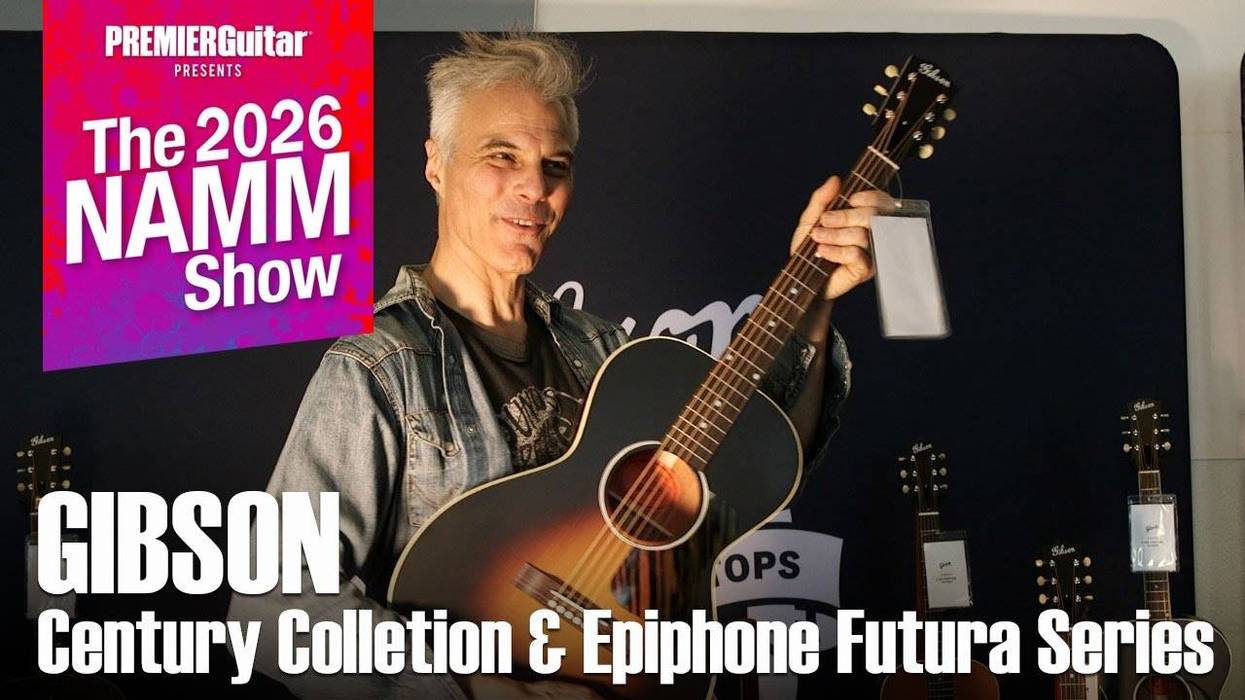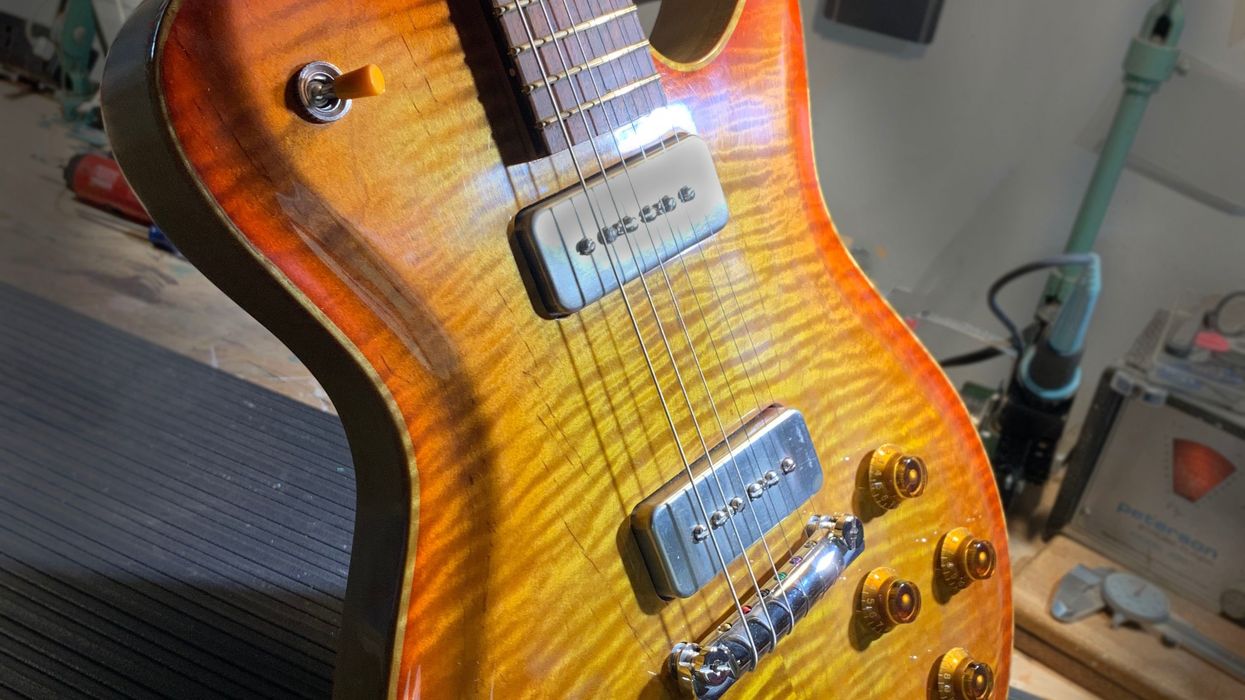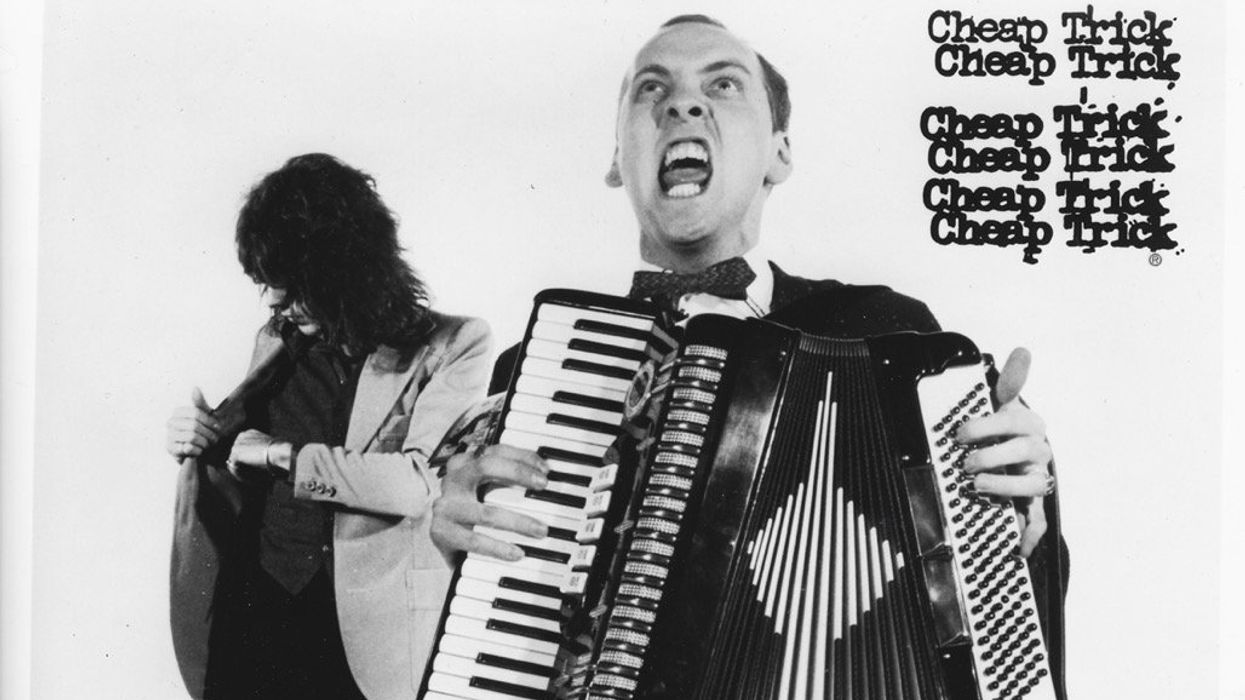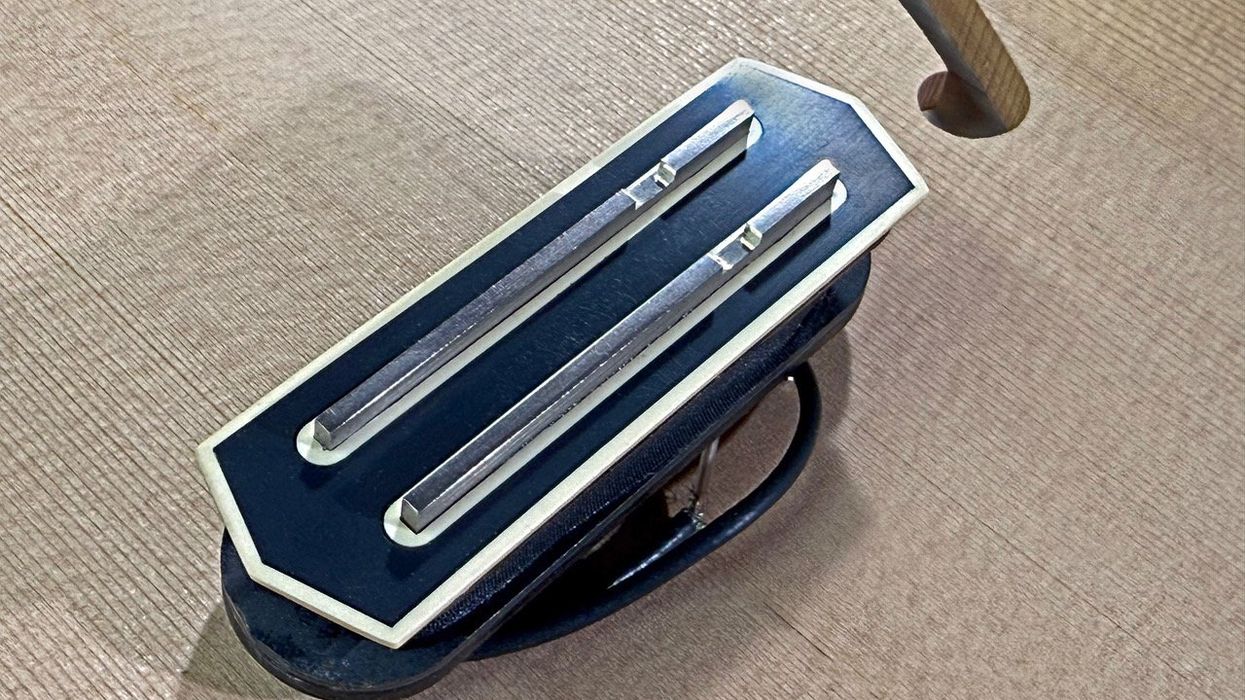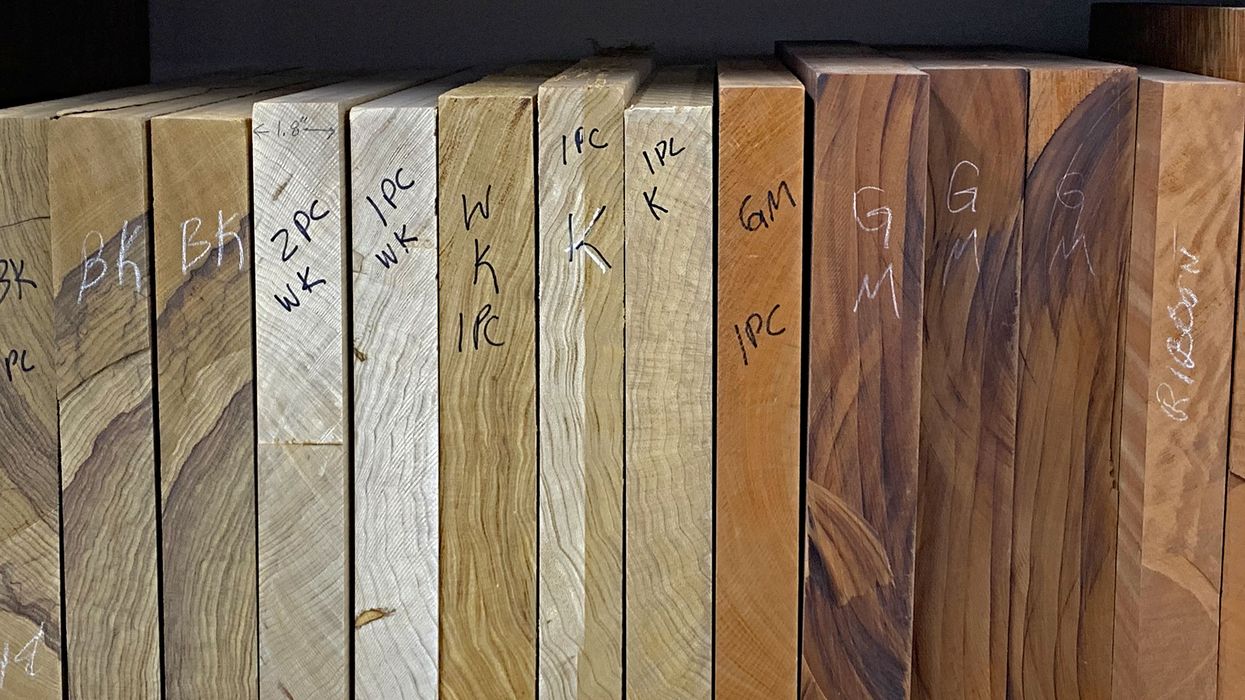Being a full-time musician is a dream that rarely comes to pass. I’ve written about music-related jobs that keep you close to the action, and how more and more musicians are working in the music-gear industry, but that’s not for everyone. Casual players and weekend warriors love music as much as the hardcore guitarists who are bent on playing full time, but they may have obligations that require more consistent employment.
I know plenty of excellent musicians who work day jobs not to support their musical dreams, but to put food on the family table. They pay mortgages, put children through school, provide services, and contribute to their community. Music may not be their vocation, but it’s never far from their minds. So where do they go to meet their music community?
A good friend of mine has studied music extensively in L.A. and New York. He’s been mentored by the pros, and he takes his playing very seriously. Like many, he always had day jobs, often in educational situations. While pro gigs were sometimes disappointing, he found that he really enjoyed working with kids and eventually studied and achieved certification as an educator. To remain in touch with his love of music, he plays evenings and weekends with as many as three groups, including a jazz trio and a country band. Not actually worrying about having a music gig that could support him in totality has changed the way he views playing out and recording. He doesn’t have to take gigs that put him in stressful situations; he can pick and choose. He’s not fretting over “making it.” In some way, he’s actually doing what we all want, to play for the music plain and simple.
Another guy I know has played in bands since his teens. He’s toured regionally and made a few records. When the time came to raise a family, he took a corporate job that is as about as far away from the music business as you can get. But it has allowed him to remain active as a player, and he regularly releases albums he records in his home studio. His longstanding presence in the music scene keeps him in touch with some famous musicians who guest on his recordings. He’s all about music head to toe, and when he retires, I’m certain he’ll keep on playing.
“Seek out music people regularly. They’re hiding in plain sight: at work, at the park, in the grocery store. They sell you insurance, they clean your teeth.”
I could go on, and I’m sure you know people in similar situations. Maybe this even describes you. So where do we all find our musical compadres? For me, and the people I’ve mentioned, our history playing in bands and gigging while young has kept us in touch with others of the same ilk, or with those who are full-time musicians. But many come to music later in life as well. How do they find community?
Somehow, we manage to find our tribe. It could be at work or a coffee shop. Some clubs still have an open mic night that isn’t trying to be a conveyor belt to commercial success. Guitarists always go up to the stage between changes to talk shop, which can lead to more connections. I like the idea of the old-school music store. Local guitar shops and music stores are great places to meet other musicians. Many have bulletin boards where you can post or find ads looking for bandmates. When I see someone wearing a band T-shirt, I usually ask if they’re a musician. Those conversations often lead to more connections down the line. Remember, building a network of musicians often requires persistence and putting yourself out there. Don’t be afraid to initiate conversations and express your interest in collaborating with others.
Of course, I’m lucky to have worked in the music sphere since I was a teen. My path led to using my knowledge of music and guitars to involve myself in so many adventures that I can hardly count them. Still, it’s the love of music at the root of everything I do, and it’s the people that make that possible. So whether you’re a pro or a beginner, seek out music people regularly. They’re hiding in plain sight: at work, at the park, in the grocery store. They sell you insurance, they clean your teeth. Maybe they’re your kid’s teacher. Musicians are everywhere, and that’s a good thing for all of us.


